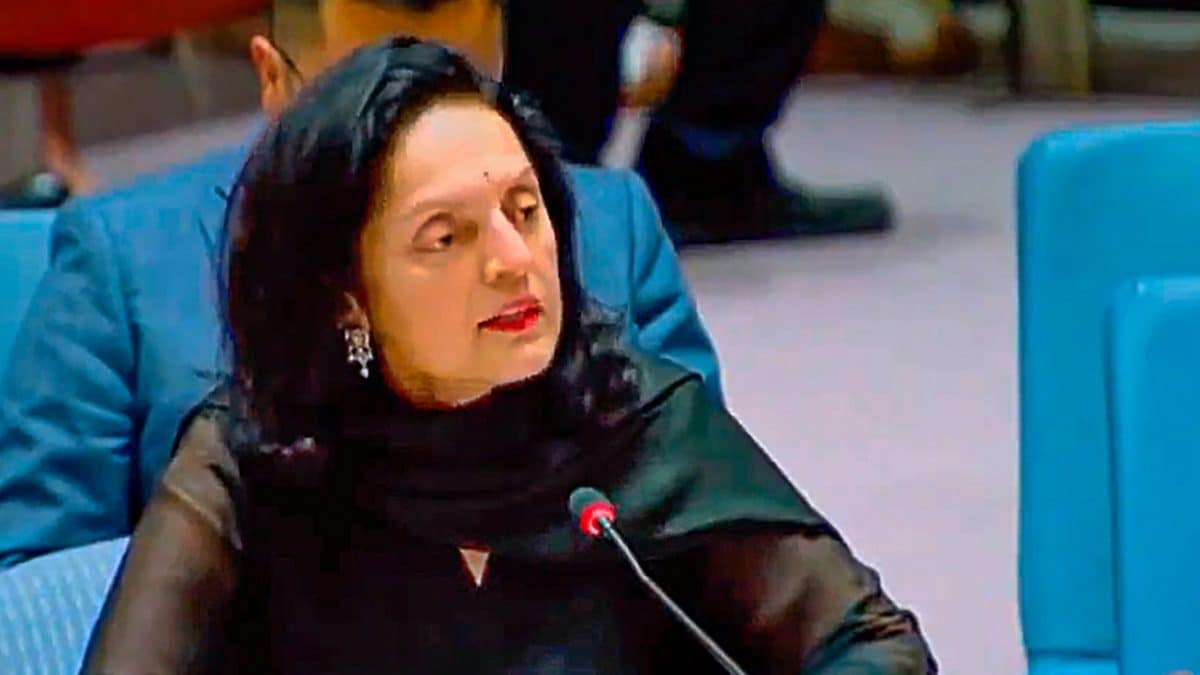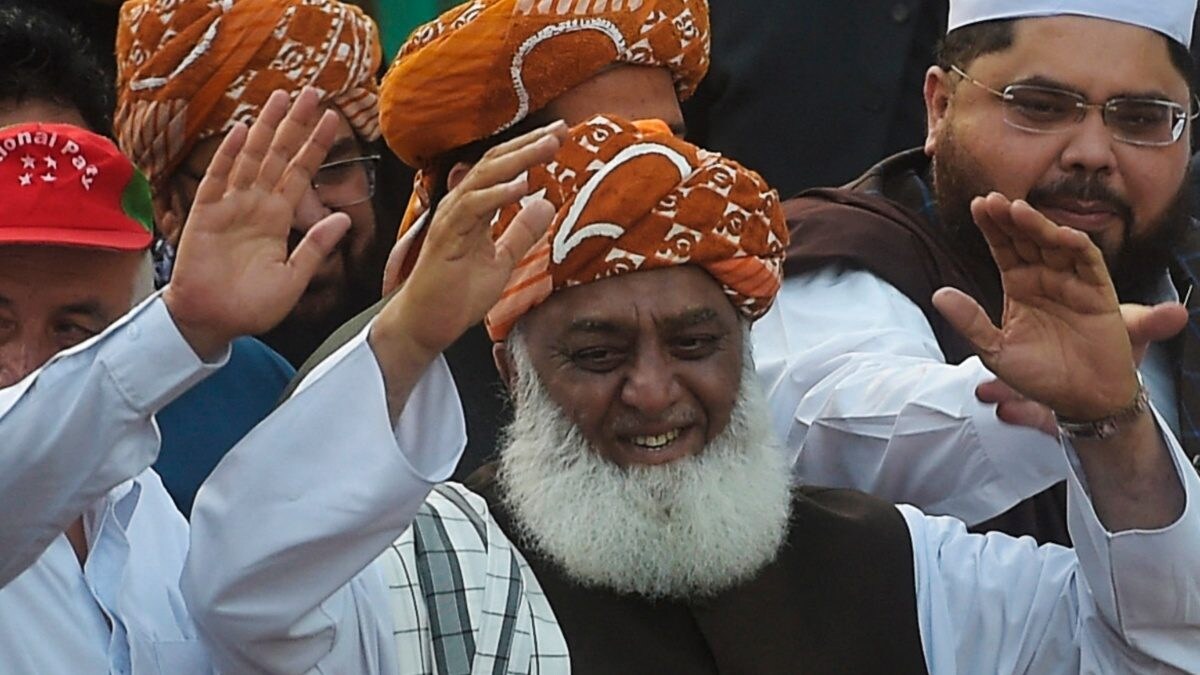[ad_1]
Last Updated: March 16, 2024, 09:16 IST
New York, United States of America (USA)

India’s Permanent Representative to the UN, Ambassador Ruchira Kamboj made these remarks at the UN General Assembly on Friday. (File Photo)
UN condemns rising anti-Muslim hate as General Assembly adopts resolution to combat Islamophobia. Calls for action against violence and institutional discrimination
Underlining the need to recognise religious phobias beyond the Abrahamic religions, India on Friday condemned all acts motivated by anti-Semitism, Christianophobia, or Islamophobia but added the crucial need to acknowledge contemporary forms of phobias that affect Hindus, Buddhists, and Sikhs.
This comes as the UN General Assembly adopted a resolution to push back against anti-Muslim hate during commemorations marking the International Day to Combat Islamophobia. The new resolution, among other things, requests the UN Secretary-General to appoint a special envoy to combat Islamophobia.
“Clear evidence shows, that over the decades, followers of non-Abrahamic religions have also been affected by religious phobia. This has led to the emergence contemporary forms of religious phobia, particularly anti-Hindu, anti-Buddhist, and anti-Sikh elements,” said India’s Permanent Representative to the UN, Ambassador Ruchira Kamboj at the UN General Assembly on Friday. “These contemporary forms of religiophobia are evident in increasing attacks on religious places of worship such as gurdwaras, monasteries, and temples, as well as the spreading of hatred and disinformation against non-Abrahamic religions in many countries,” she said.
#IndiaAtUNPR delivers the explanation of India’s position during the adoption of the resolution on ‘Measures to combat Islamophobia’ at the United Nations General Assembly today. pic.twitter.com/AheU8UvpYM
— India at UN, NY (@IndiaUNNewYork) March 15, 2024
113 in favour to none against
Before adopting the new resolution, by a vote of 113 in favour to none against, with 44 abstentions, a divided Assembly rejected by a close margin two amendments proposed by a group of European nations. The proposals would have replaced key language in the resolution, including calling for a focal point instead of a UN special envoy and removing references to the desecration of the Quran.
Ambassador Kamboj said that allocating resources solely to combat Islamophobia while neglecting similar challenges faced by other faiths might inadvertently perpetuate a sense of exclusion and inequality. “…We are in principle opposed to a position of a special envoy on the basis of a specific religion. We hope the resolution adopted today does not establish a precedent that could result in numerous resolutions centered on phobias tied to specific religions, potentially dividing the UN into religious camps,” she added.
The UN chief said “divisive rhetoric and misrepresentation are stigmatising communities” and everyone must unite to combat intolerance, stereotypes and bias. “Online hate speech is fuelling real-life violence,” Secretary-General António Guterres said in a statement, emphasising that digital platforms must moderate hateful content and protect users from harassment. Institutional discrimination and other barriers are violating the human rights and dignity of Muslims, and much of this disturbing trend is part of a wider pattern of attacks against religious groups and vulnerable populations, also including Jewish people, minority Christian communities and others, he added.
“We must confront and root out bigotry in all its forms,” he declared. “Leaders must condemn inflammatory discourse and safeguard religious freedom. “Together, let us commit to promoting mutual respect and understanding, foster social cohesion and build peaceful, just and inclusive societies for all.” The world body created the International Day through a resolution adopted following attacks on two mosques Christchurch, New Zealand, that left 51 people dead on this day in 2019.
(With agency inputs)
[ad_2]
Source link




